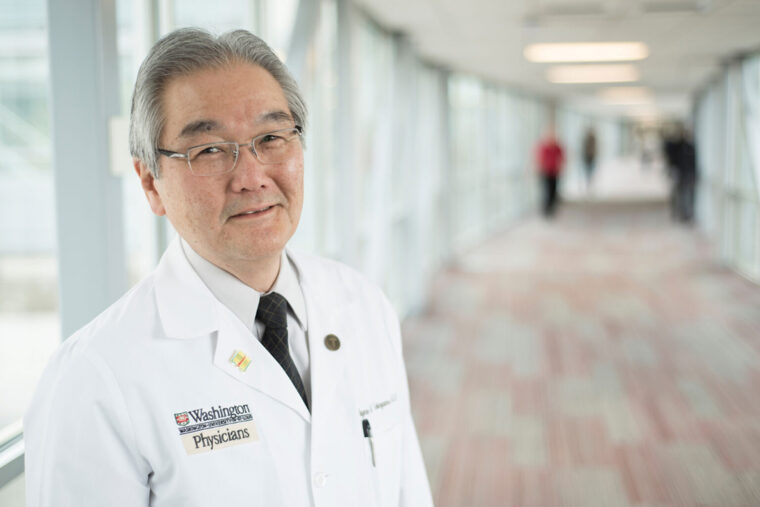
Physician-scientists split their time between caring for patients and unraveling biological mysteries. This dual expertise can yield the kind of insights that power groundbreaking medical advances and advance human health. Yet only a small and shrinking fraction of physicians pursue joint careers in the clinic and the lab.
Researchers at Washington University School of Medicine in St. Louis have received a $2.4 million, five-year Stimulating Access to Research During Residency (StARR) grant from the National Institute of Allergy and Infectious Diseases to support residents interested in pairing clinical care with research in infectious diseases and immunology. The grant is part of a program launched by the National Institutes of Health (NIH) to encourage more early-career doctors to pursue careers as physician-scientists by providing them with financial support and protected time for research, as well as mentorship from established physician-scientists. Earlier this year, Washington University received a separate StARR grant in cancer research.
"There are so many aspects of infectious diseases and immunology research that could benefit from the unique perspectives of physician-scientists," said Wayne M. Yokoyama, MD, the Sam J. Levin and Audrey Loew Levin Professor of Arthritis Research, director of the Division of Physician-Scientists, and an associate dean. Yokoyama is the principal investigator on the Washington University infectious diseases and immunology StARR grant. "New infectious diseases are continuing to emerge, from antibiotic-resistant bacteria to pandemic strains of flu to new pathogens we don't know of yet. Autoimmune diseases are becoming more prevalent, and we need new and better ways to predict, diagnose and treat them. This program is designed to allow residents to take advantage of the robust environment at WashU Medicine for physician-scientist training in infectious diseases and immunology research."
The grant provides funding and time for residents doing clinical training in dermatology, medicine, neurology, pathology and pediatrics to undertake one to two years of intensive mentored research training in infectious diseases or immunology. The program includes career development and scientific enrichment opportunities, and fulfills the requirements for specialty board eligibility.
Trainees will work with Washington University faculty, many of whom are leaders in their fields. The university's physician-scientists played a critical role during the COVID-19 pandemic by helping develop vaccines and drugs, and by assessing the immune response after vaccination or infection with different variants. Others helped transform treatment of the autoimmune disease multiple sclerosis (MS) by identifying the roles of overlooked immune cell types. And that's not all; the immune system influences health and disease far beyond infections and autoimmunity. Washington University physician-scientists are at the forefront of research into the impact of the immune system on neurological conditions such as Alzheimer's disease and Parkinson's disease; the role of the gut microbiome, which has wide-ranging impacts on health that are mediated in part by gut immunity; and finding ways to use the immune system to fight cancer.
"Physician-scientists are a vital part of the biomedical research workforce," Yokoyama said. "They are uniquely suited to recognize the gaps in medical knowledge and to translate scientific discoveries into meaningful improvements in patient care. But the path to becoming a physician-scientist can be long and challenging. Our goal is to provide talented young doctors the support they need to pursue careers as physician-scientists."
About Washington University School of Medicine
WashU Medicine is a global leader in academic medicine, including biomedical research, patient care and educational programs with 2,800 faculty. Its National Institutes of Health (NIH) research funding portfolio is the third largest among U.S. medical schools, has grown 52% in the last six years, and, together with institutional investment, WashU Medicine commits well over $1 billion annually to basic and clinical research innovation and training. Its faculty practice is consistently within the top five in the country, with more than 1,800 faculty physicians practicing at 65 locations and who are also the medical staffs of Barnes-Jewish and St. Louis Children's hospitals of BJC HealthCare. WashU Medicine has a storied history in MD/PhD training, recently dedicated $100 million to scholarships and curriculum renewal for its medical students, and is home to top-notch training programs in every medical subspecialty as well as physical therapy, occupational therapy, and audiology and communications sciences.






